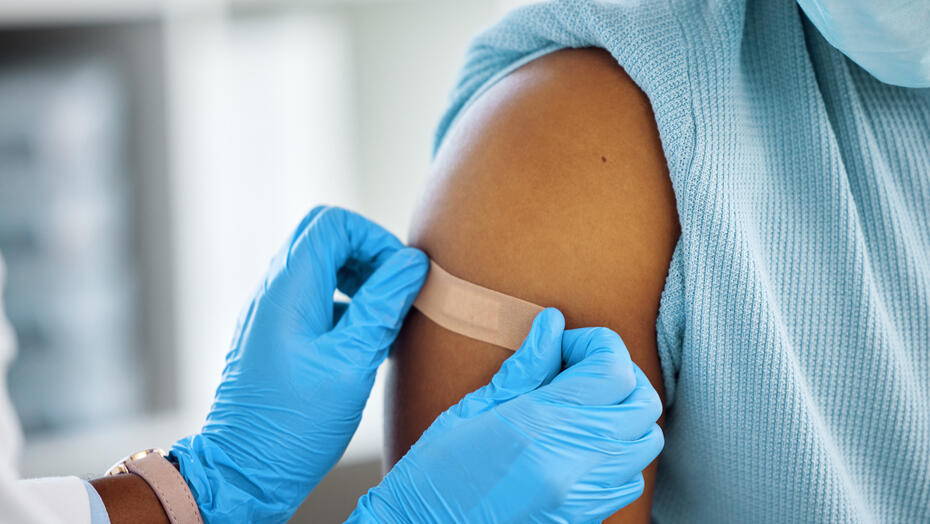
Houma-Terrebonne Chamber welcomes 61 new business members in 2023!
December 18, 2023
RUNAWAY TEEN: Jeremiah Jamal Johnlouis
December 18, 2023The US Centers for Disease Control and Prevention says there is an “urgent need” to boost vaccination coverage amid increasing levels of respiratory disease.
The CDC is issuing this Health Alert Network (HAN) Health Advisory to alert healthcare providers to low vaccination rates against influenza, COVID-19, and RSV (respiratory syncytial virus). Low vaccination rates, coupled with ongoing increases in national and international respiratory disease activity caused by multiple pathogens, including influenza viruses, SARS-CoV-2 (the virus that causes COVID-19), and RSV, could lead to more severe disease and increased healthcare capacity strain in the coming weeks.
About 7 million fewer adults have gotten their flu shot so far this season compared with the last virus season. Overall, uptake is about 36% for both adults and children, according to CDC data through November 18.
Vaccination coverage for Covid-19 is also low, with just 17% of adults and about 8% of children getting the latest shot, according to CDC data through December 2. That includes about 36% of seniors, who are at higher risk for severe disease.
Also, only about 16% of older adults ages 60 and up have gotten the new RSV vaccine.
The CDC recommends the flu and Covid-19 vaccines for everyone ages 6 months and older, and the new RSV vaccine is available for adults 60 and up.
In the past four weeks, hospitalizations increased 200% for flu, 51% for Covid-19 and 60% for RSV, according to the advisory. There have been 12 reported pediatric influenza deaths and 30 reports of MIS-C, a rare complication that typically happens a month after a Covid-19 infection.
Respiratory disease activity in the US is highest in the South but quickly rising in Northern states.
Recommendations for the Public
- Talk to your healthcare provider about immunizations recommended for you and your household or family members, including children.
- If you develop symptoms of a respiratory illness, talk to your healthcare provider about testing and treatment options.
- Be aware of everyday prevention measures including covering coughs and sneezes, washing hands, staying home when sick, wearing a well-fitting mask if you choose to wear a mask, and improving airflow at home or at work.
- Use the Vaccines.gov website to find a location to receive COVID-19 and flu vaccines. Uninsured and underinsured adults can receive COVID-19 vaccines at no cost to them through CDC’s Bridge Access Program.
- Pregnant people and older adults can use the manufacturer’s website (Pfizervax.com) to find a location offering Pfizer Abrysvo RSV vaccine.
The Centers for Disease Control and Prevention (CDC) protects people’s health and safety by preventing and controlling diseases and injuries; enhances health decisions by providing credible information on critical health issues; and promotes healthy living through strong partnerships with local, national and international organizations.






